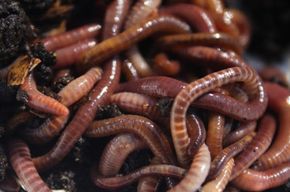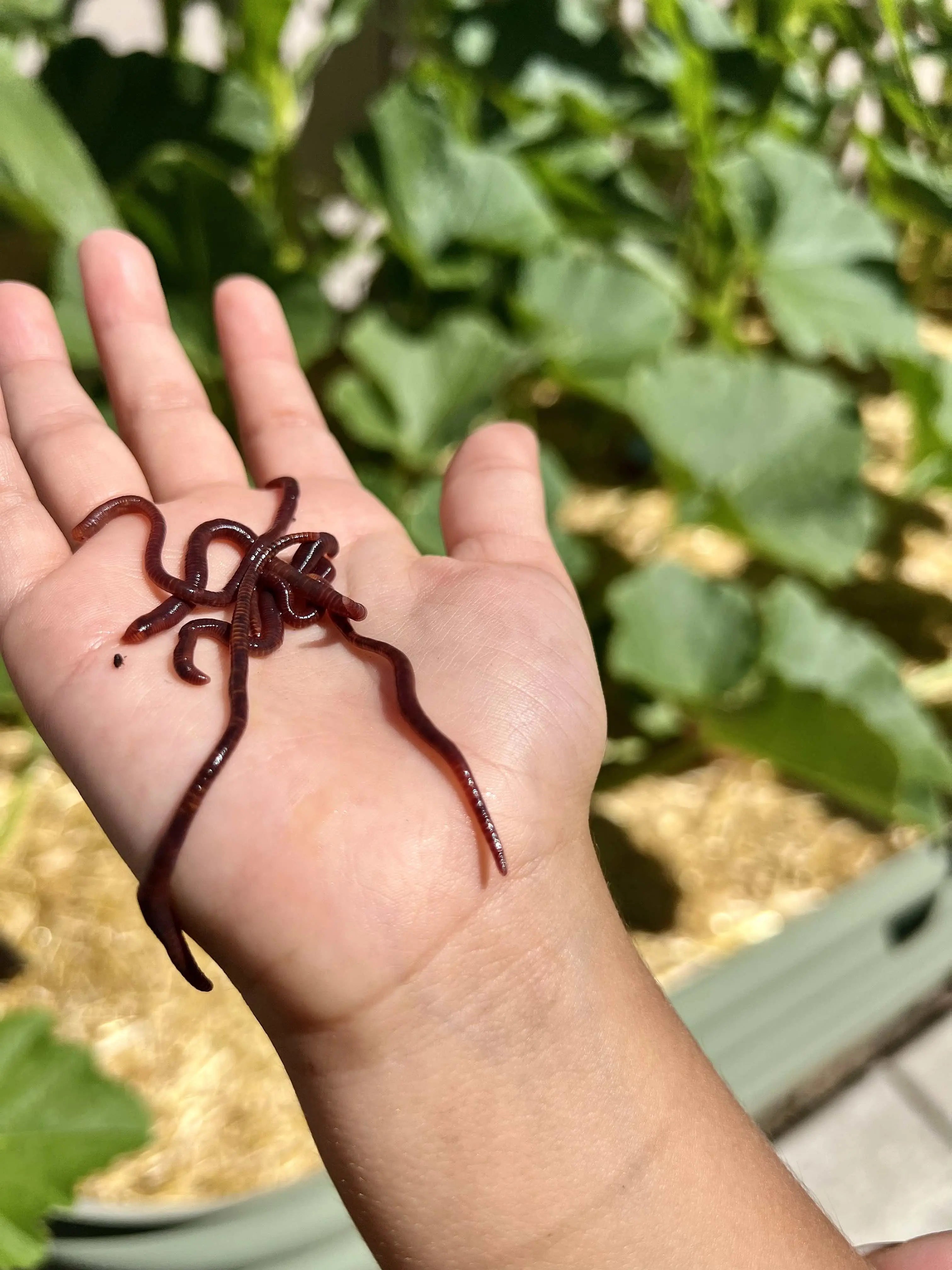Red Wiggler Worms - Perfect for Vermicomposting and Dirt Enrichment
Red Wiggler Worms - Perfect for Vermicomposting and Dirt Enrichment
Blog Article
Red Wiggler Worms Demystified: Opening the Keys of Vermiculture for Greener Living and Nutrient-Rich Dirt
In the world of lasting practices for improving soil quality and advertising eco-conscious living, red wiggler worms play a pivotal yet usually ignored role. Red Wiggler Worms. Comprehending the intricacies of caring for these worms, maximizing their environment, and using their castings can lead to a greener way of life and healthier dirt for plants to flourish.
The Function of Red Wiggler Worms
Red Wiggler worms play an important role in composting systems by effectively breaking down natural issue into nutrient-rich castings. These starved eaters eat a variety of natural products, such as kitchen scraps, yard waste, and paper products. As they feed, the worms' digestive processes break down the raw material into a fine, dark, and nutrient-dense material called worm spreadings or vermicompost.
The spreadings generated by Red Wiggler worms are highly helpful for dirt health and plant growth. They are rich in necessary nutrients like phosphorus, nitrogen, and potassium, which are crucial for sustaining healthy and balanced plant development. Additionally, worm castings include useful germs and enzymes that aid boost dirt framework, boost water retention, and improve nutrient uptake by plants.
Advantages of Vermicomposting

Furthermore, vermicompost, the nutrient-rich final product of vermicomposting, works as an excellent natural fertilizer and dirt conditioner. It improves soil framework, enhances soil oygenation, and enhances dirt wetness retention. These homes contribute to much healthier plants with stronger origin systems and much better resistance to conditions and pests. Vermicompost additionally enhances the dirt with necessary nutrients like potassium, phosphorus, and nitrogen, advertising plant development and overall dirt fertility.
In addition, vermicomposting supports sustainable horticulture techniques by giving a chemical-free and natural option to artificial fertilizers. Red Wiggler Worms. This eco-friendly strategy not only improves the dirt but also helps in reducing dependence on unsafe chemicals, advertising a greener and more sustainable way of gardening
Setting Up a Worm Bin
When establishing a worm bin for vermicomposting, proper arrangement is essential to guarantee the success of the composting process. The initial action in establishing up a worm container is picking an ideal container.
After adding the bedding, introduce the red wiggler worms to the bin. It is suggested to begin with a handful of worms and gradually enhance as they multiply. The worms should then be provided with food scraps such as vegetables and fruit peels, coffee premises, and eggshells. It is necessary to stay clear of including meat, milk, oily, or salted foods to stop bring in parasites and producing unpleasant smells.
Consistently keep an eye on the moisture degrees and temperature level in the worm bin to make certain ideal problems for the worms. With appropriate configuration and maintenance, the these details worm bin will effectively convert organic waste right into nutrient-rich garden compost for your plants and garden.
Collecting Worm Castings
To efficiently collect nutrient-rich worm spreadings from your vermicomposting system, an organized harvesting method is crucial. When it comes time to gather the worm spreadings, there are a few vital steps to follow to make sure a successful process. Quit adding fresh food scraps to one side of the worm bin for a pair of weeks before collecting. This motivates the worms to move to the side with fresh bed linen and food, making it less complicated to scoop out the spreadings from the other side.

Troubleshooting Common Issues
Determining and addressing usual obstacles that might occur throughout the vermicomposting process is important for maintaining a healthy and productive worm container. Adding excess food scraps can lead to a buildup of dampness and level of acidity in the worm bin, potentially hurting the worms. Another issue is undesirable smells emanating from the worm container.
In addition, if the worm population is declining or the worms show up harmful, maybe because of environmental stressors such as severe temperatures or pH Website degrees. Monitoring these aspects and making essential modifications is crucial for the well-being of the worms. By fixing these typical concerns without delay, vermicomposters can make sure a smooth and successful vermicomposting procedure while maintaining a flourishing worm populace.

Verdict
Finally, red wiggler worms play an important function in vermiculture by breaking down organic matter right into nutrient-rich dirt. The advantages of vermiculture consist of greener living and enhanced soil high quality. Establishing a worm bin is essential for successful vermiculture, and collecting worm castings provides important compost for horticulture. By recognizing and repairing typical problems, individuals can open the keys of vermiculture for sustainable living and healthier dirt.
As they feed, the worms' digestive procedures break down the organic issue into a fine, dark, and nutrient-dense product recognized as worm castings or vermicompost.
The castings produced by Red Wiggler worms are highly beneficial for dirt health and wellness and plant growth. Including excess food scraps can lead to an accumulation of moisture and level of acidity in the worm bin, potentially harming the worms.Furthermore, if the worm population is decreasing or the worms appear unhealthy, it can be due to ecological stressors such as extreme temperature levels or pH levels. Setting up a worm container is vital for successful vermiculture, and collecting worm spreadings supplies important compost for gardening.
Report this page